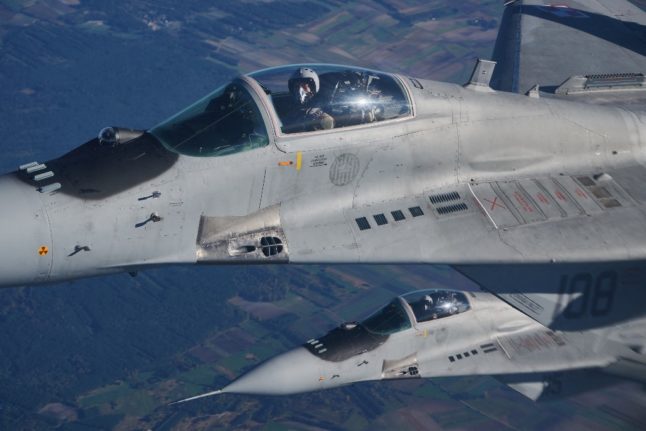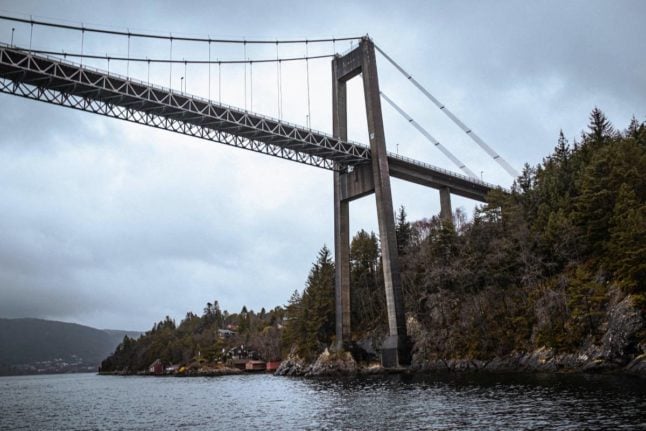“As the Russian fighter approached, the foreign military plane made a U-turn away from the borders of the Russian Federation,” the Russian defence ministry said.
“There was no violation of the border,” the statement added, identifying the Norwegian aircraft as a P-8A Poseidon patrol plane.
The defence ministry said its flight was carried out in accordance with international rules, “without crossing air routes or making dangerous rapprochement.”
NATO member Norway shares a land border with Russia as well as a maritime border in the Barents Sea.
Incidents involving Russian and Western aircraft have multiplied over the recent months against the backdrop of Russia’s invasion of Ukraine
“It is true that a Norwegian P-8 aircraft was identified by a Russian aircraft in international airspace over the Barents Sea,” Lieutenant Colonel Reidar Flasnes at the Norwegian armed forces’ operational headquarters told news agency NTB.
Flasnes added that the identification of the flight was a “routine operation.”
“Such operations are carried out by both Norway and Russia from time to time,” he said.
From the beginning of the year until the beginning of July, the Norwegian air force carried out 20 identification missions to identify 37 aircraft, most
of them Russian.
“There was nothing special about this flight, and I have not received any reports that it was associated with any drama,” Flasnes told the news agency.



 Please whitelist us to continue reading.
Please whitelist us to continue reading.
Member comments